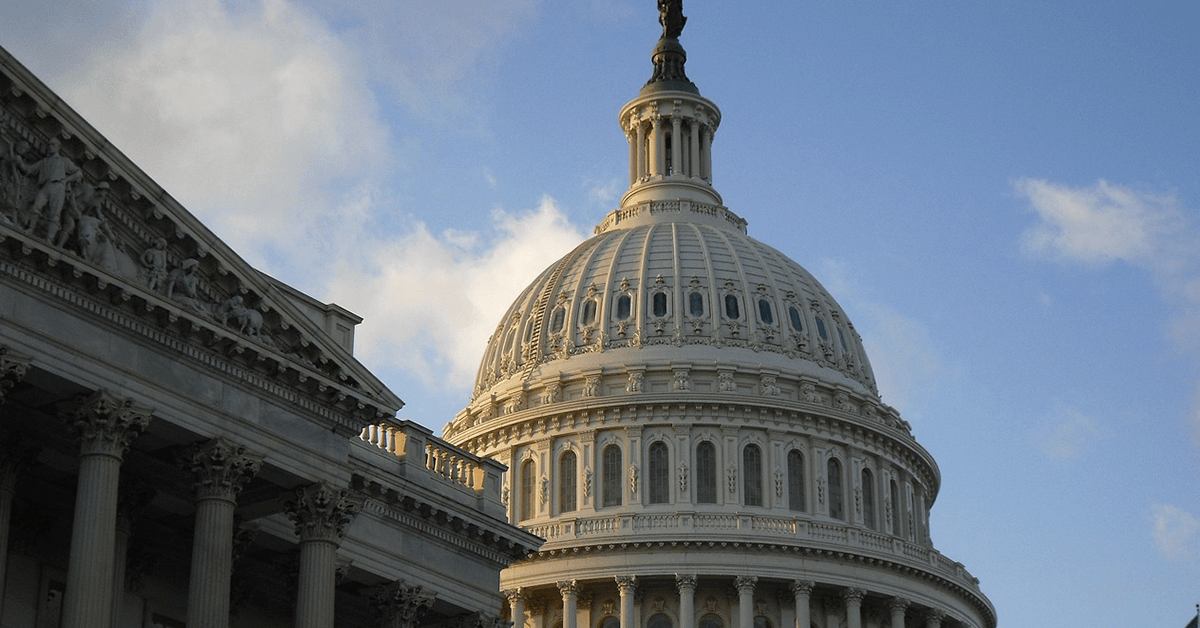A House bill is seeking to develop a security framework to protect American artificial intelligence systems from foreign threats, including espionage and cyberattacks, particularly those coming from China.
AI Security Playbook
The Advanced AI Security Readiness Act, introduced by a bipartisan group from the House Select Committee on China, including Chairman John Moolenaar, R-Mich.; Ranking Member Raja Krishnamoorthi, D-Ill.; and Rep.Darin LaHood, R-Ill., would direct the National Security Agency’s AI Security Center to create an “AI Security Playbook” that provides national security agencies with information about potential vulnerabilities in advanced AI data centers and among AI developers; identify AI models, training method and algorithms that adversaries could exploit; and outline cybersecurity strategies to detect and counter threats.
The playbook would also identify the levels of security that would require the government to be involved in the development or oversight of highly advanced AI systems and include detailed methodologies and intelligence assessments, which may be contained in a classified annex, and an unclassified portion with general guidelines and best practices suitable for dissemination to relevant individuals, including in the private sector.
According to LaHood, Congress should ensure the United States strengthens its technology defenses, noting how China targets advanced American AI technology to undermine national security.
“This bipartisan legislation will empower the NSA to map those vulnerabilities and chart a path forward to protect our most sensitive AI capabilities,” he added.





